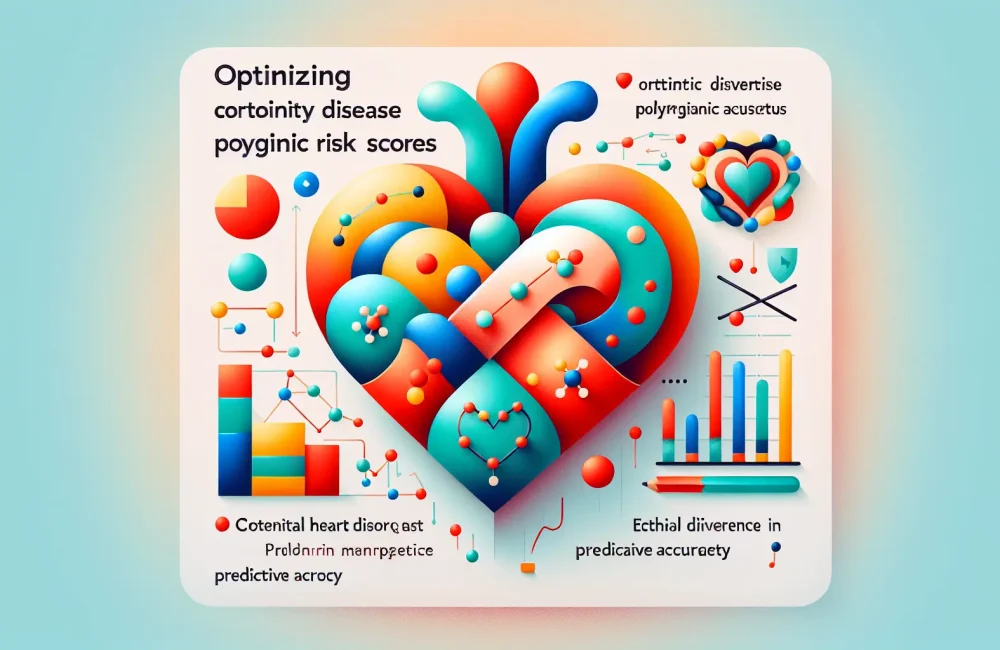By CAFMI AI From New England Journal of Medicine
Improving Hypertension Outcomes with Home-Based Care
Hypertension remains a critical public health challenge globally, especially in low-resource rural settings such as those found in South Africa. Cardiovascular disease resulting from uncontrolled high blood pressure leads to significant morbidity and mortality, underscoring the urgent need for innovative management strategies. Traditional clinic-based hypertension care often faces barriers related to distance, transportation, and inconsistent access to medications, particularly for rural populations. This study presents a randomized controlled trial investigating the impact of a home-based care program on blood pressure control and treatment adherence compared to usual clinic-based care among adults with diagnosed hypertension in rural South Africa. Understanding the limitations of healthcare infrastructure in these underserved areas, the intervention leveraged community health workers who delivered antihypertensive medications directly to patients’ homes, accompanied by lifestyle counseling tailored to individual circumstances. This approach intended to mitigate common obstacles such as missed appointments and medication non-adherence that are drivers of uncontrolled hypertension in these communities.
Clinical Effectiveness and Patient Reception of Home-Based Hypertension Management
The trial enrolled 1500 adult participants with diagnosed hypertension randomized evenly into the intervention and control groups. Over 12 months, patients receiving home-based care demonstrated significantly better systolic and diastolic blood pressure control than those attending clinic-based care. Importantly, medication adherence rates were markedly higher in the home-based group, as confirmed by pill counts and patient self-reports. These improvements translated into a measurable reduction in cardiovascular events, including heart attacks and strokes, indicating a tangible impact on patient outcomes beyond mere surrogate endpoints. Patient satisfaction surveys revealed the home-based care program was well accepted, with patients citing convenience, frequent contact with healthcare providers, and personalized counseling as key benefits. Healthcare workers also found the model feasible and rewarding, enabling closer monitoring and timely intervention. This evidence suggests that home-based hypertension management is a promising and patient-centered approach that addresses the critical gaps in longitudinal care prevalent in rural areas.
Implementation Challenges and Future Directions for Home-Based Hypertension Care
Despite its benefits, the home-based hypertension care program faced several implementation challenges including logistical difficulties in medication supply chain management, variability in community health worker training, and occasional patient privacy concerns. Addressing these barriers is essential for scalability and sustainability of the intervention. Future research should focus on optimizing training protocols, integrating digital health tools for remote monitoring, and conducting cost-effectiveness analyses. Additionally, expanding the model to incorporate management of comorbidities common in rural populations, such as diabetes, may enhance overall health outcomes. Policymakers and healthcare planners are encouraged to consider home-based care as a complementary strategy to strengthen rural health systems and reduce the burden of hypertension and related cardiovascular diseases.
Read The Original Publication Here






